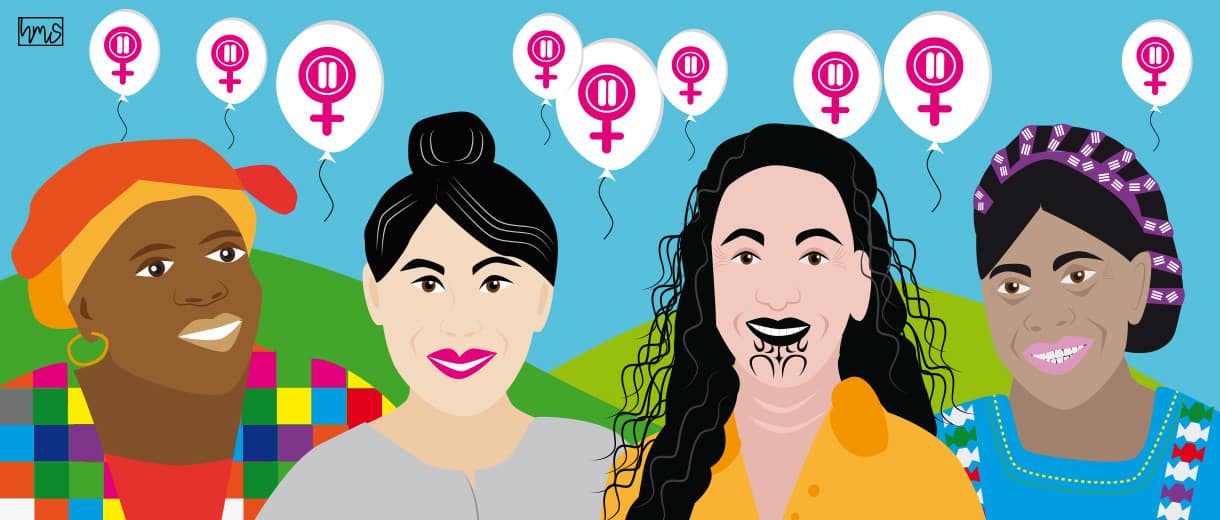Proudly Menopausal: How Culture Shapes Expectations
Menopause is not a disease. It is a natural life process that happens to every woman in middle age. There is no doubt that many of them find the years leading up to menopause, and menopause itself, somewhat difficult to traverse but social contexts in which women experience this transition are more important than you think.
Menopause: a cultural matter
Do you know only a few Asian or Mayan midlife ladies report experiencing significant symptoms during their menopausal transition? In some cultures, there are women who look forward to menopause as a status of newfound freedom. For others, menopause is inconsequential because different events in midlife are more important or stressful to them.
Until now, most research is mainly carried out among White middle-aged women who report those typical menopausal symptoms like hot flashes, sweating, and vaginal dryness. However, very little is still known about ethnic differences in menopausal symptoms. And guess what? When looking at different countries, variations in symptoms can be attributed to language differences, culturally shaped expectations about menopause, culturally influenced gender roles and socioeconomic status.
In societies where age is more revered and the older woman is the wiser and better woman, menopausal symptoms are significantly less bothersome- Dr. Mary Jane Minkin, professor in obstetrics, gynecology and reproductive health at Yale Medical School, said-. Where older is not better, many women equate menopause with old age, and symptoms can be much more devastating.
According to a survey carried out by the same University across several countries, many symptoms were more prevalent among women from the US, the UK and Canada, and less common among women in Sweden and Italy. In particular, Danish and Swedish ladies were most likely to report that going through menopause turned out better than they expected, while participants living in the US, UK, France, and Canada were more prone to find menopause much worse than they had anticipated.
Findings from the Seattle Midlife Women’s Study support also the importance of considering the role of context in studies of menopause because they greatly influence a woman’s attitudes toward menopause and ageing: most of the time psychological symptoms are more strongly associated with current life events and difficulties, particularly those experienced in family life, than with menopausal status. In fact, menopause occurs at a time of life when women are facing many threats and challenges (eg. the stress of parenting, the illness of their partner, or the death of elderly parents).
How languages might shape our expectations
The language used to communicate a subject can also demonstrate how society perceives a topic. For the BMC Women’s Health Journal, menopause in the Western world is a topic that is largely medicalised with much of the language being dominated by negative imagery such as “reproductive failure or ovarian failure”. This implies that menopause is a disease state that must be treated rather than a natural biological transition. In the Arab world, the word corresponding to the menopausal and midlife period means ‘desperate age’ implying a pessimistic outlook towards menopause. Native American Indian women do not have a single word for menopause and the Japanese have no equivalent word for the English phrase ‘hot flush’ which could indicate the relative unimportance of the symptoms or subject to daily discourse.
In the end, midlife is a multifaceted stage in a woman’s developmental process, characterized by important transitions and menopause is one of them. We should embrace it and think about all the positive consequences. American anthropologist Margaret Mead called it “menopausal zest“, the rush of energy, both physical and psychological, that some women feel after menopause. A natural time for ladies to appreciate their lives.
Like this post? Support Us or Sign up to our newsletter to get more articles like this delivered straight to your inbox!





